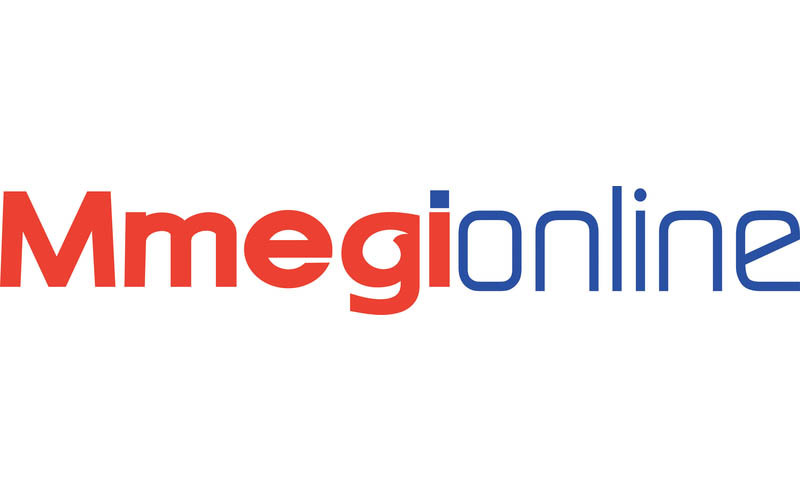The Group of Seven (G7)’s imminent plans for diamonds from producers such as Botswana, are the latest manifestation of the geopolitical power-play within the global diamond market.
According to the published plans, by September, the G7 expects to have established a certification system that will require the world’s polished diamonds to be sent through Antwerp, Belgium for certification first, before being allowed to trade within the G7.
The idea is to squeeze Russian stones out of the global diamond market in order to stop these revenues from funding Moscow’s war against Ukraine. The G7, of course, represents the world’s richest countries which are also, naturally, the dominant market for diamonds. While robust and creative marketing over the past 150 years has created the allure of diamond jewellery, the actual value of the precious stones comes from what the consumers in the rich countries have agreed to pay over these years.
The G7 dispatched its technical team to diamond producer nations, starting with Botswana last week, ostensibly to dialogue on the plans for the Antwerp “single node” certification system it is developing, amongst others. Naturally, producer nations such as Botswana are steadfastly opposed to the G7’s plans for several reasons, which this publication has detailed extensively since early November last year.
Essentially, the concerns are around the cost implications of the back and forths to Antwerp, the greater associated logistical burden as well as the undercutting of Botswana’s diamond beneficiation trajectory, including the broader economic transformation aspirations.
In the geopolitical power-play, government and its partners have few hands to play against the rich nations who appear to hold all the cards. Unlike oil and others, diamonds are not an essential commodity for consumers or G7 governments. In the event of a deadlock over the new certification it wants or some negative blowback, the G7 can afford to wait things out such as imposing a temporary import suspension. But Botswana cannot.
Botswana and its partners, however, do have some moves to make, even though none of them, made alone, may act as a trump card. One involves leveraging the long-established relationships and diplomatic backdoor channels built up over the years with the more influential members of the G7, including the activation of any goodwill partners in these countries. This move is underrated but can be surprisingly effective especially when seismic decisions are taken behind closed doors, as is the case here. The Environment and Tourism ministry employed the tactic last year and was able to get the UK’s House of Lords to resist a motion to ban local hunting trophies.
However, a more effective, long-lasting and sustainable move, is to ramp up the story-telling around the cleanliness of Botswana’s diamonds and their benefits to citizens. Here, government and its partners in the industry and on the continent, through vivid, impactful story-telling, would, in a way, take their case to the G7 consumers, showing them how diamonds are instrumental to their economies and exactly what the impact of the latest moves would be.
As media partners, citizens and as Africans, we are more than ready to engage in defence of incomes, livelihoods and the shared aspirations of this Republic.
Today's thought
“Conflict is good in a negotiation process... it’s the clash of two ideas, which then, all being well, produces a third idea.” - Luke Roberts






